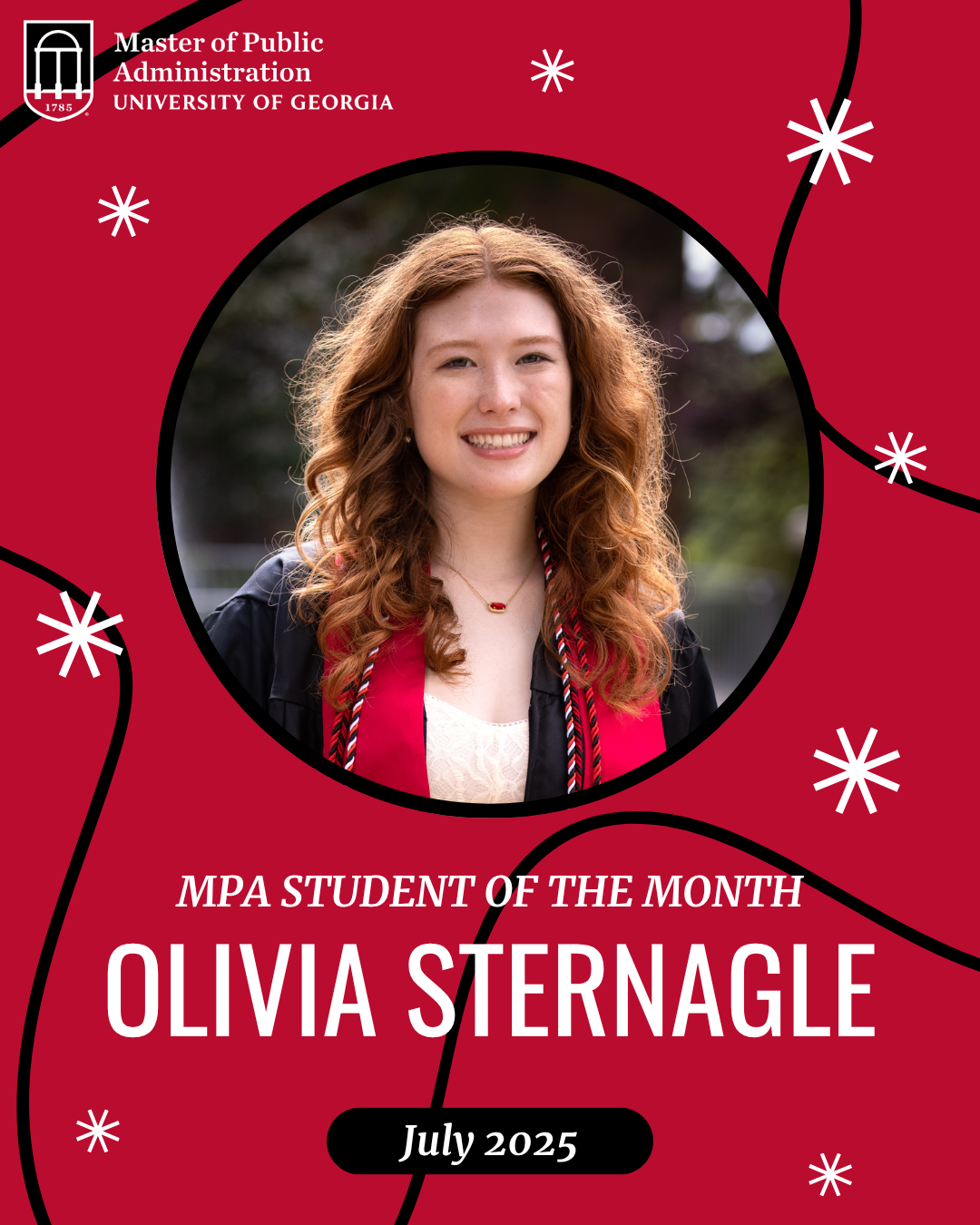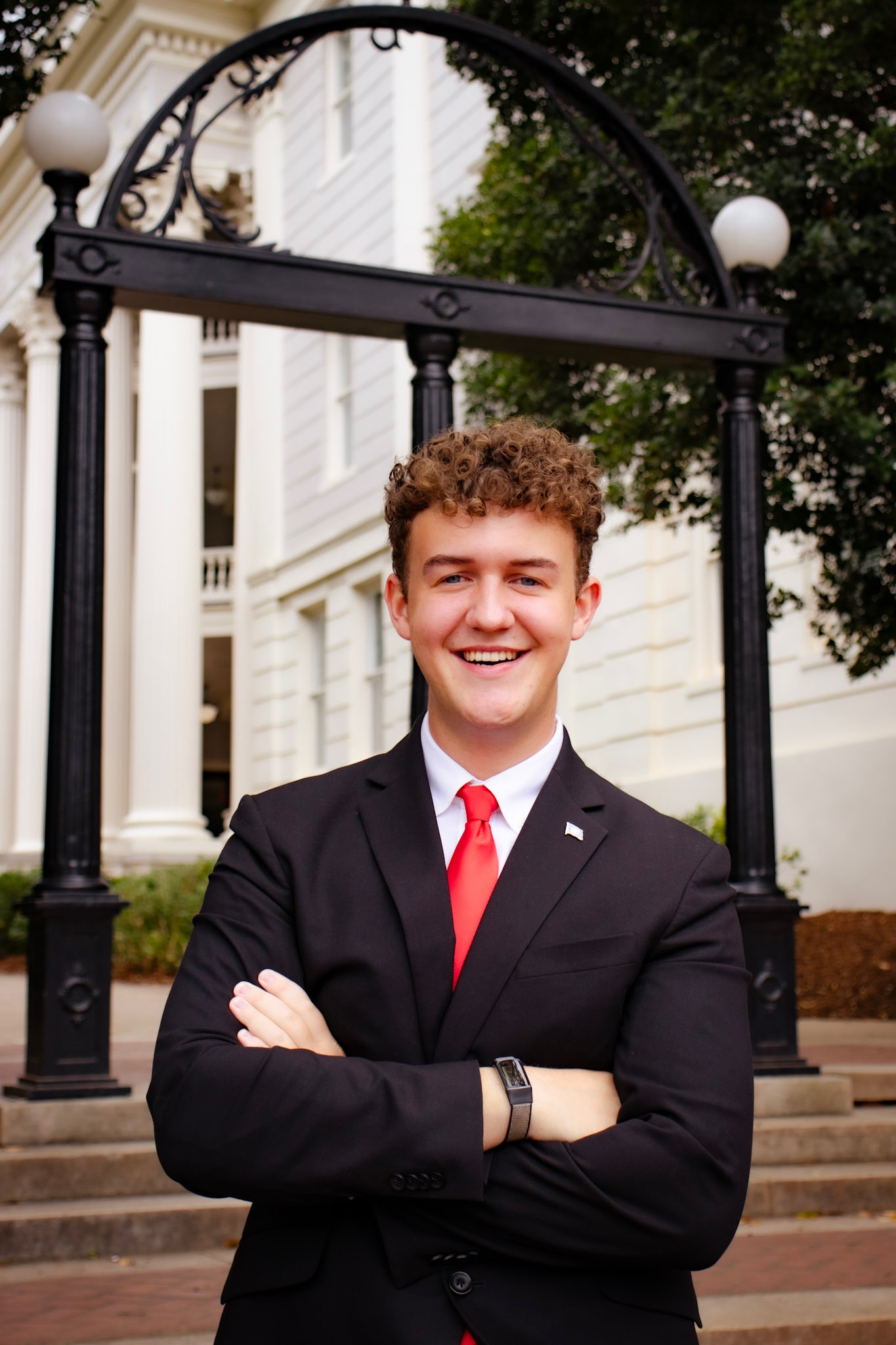
Dr. Amanda Abraham has received extensive media attention for her work with Dr. David Bradford, in the Department of Public Administration and Policy (SPIA), as well as colleagues in the Department of Health Policy and Management (School of Public Health), on the impact of state medical cannabis laws on Medicare Part D opioid prescriptions. They’ve also researched the relationship between medical cannabis laws and deaths related to opioid overdose and access to opioid use disorder treatment.
Since the beginning of 2018, Abraham has co-authored eight publications, including two for which she was the principal researcher.
In “Geographic disparities in availability of opioid use disorder treatment for Medicaid enrollees,” Abraham and her co-authors found that there are several clusters of counties in the U.S. that see higher rates of opioid use disorder and yet have a lower than average amount of opioid treatment providers that accept Medicaid. These county clusters occur most frequently in the Southeast, including Arkansas, Kentucky, Louisiana, Mississippi, and Tennessee.
This disparity between the rate of opioid use disorder and opioid treatment providers results in a treatment gap for Medicaid enrollees. Because of this, Abraham and her co-authors are encouraging policymakers to consider strategies that will increase access to opioid treatment for Medicaid enrollees.
Abraham’s other article, “State-Targeted Funding and Technical Assistance to Increase Access to Medication Treatment for Opioid Use Disorder,” discusses a way that policy makers may be able to increase access to opioid use disorder medications. Abraham and her co-authors show that state-targeted funding was associated with an increase in the availability of naltrexone and buprenorphine, two medications that have been proven to reduce opioid use, withdrawal and craving, infectious disease transmission, and treatment dropout.
Abraham has been studying the substance use disorder treatment system since completing a postdoc at UGA funded by the National Institute on Alcohol Abuse and Alcoholism (NIAAA). Dr. Abraham hopes to continue doing research to reduce the stigma of addiction and improve care for people who suffer from substance use disorder.








